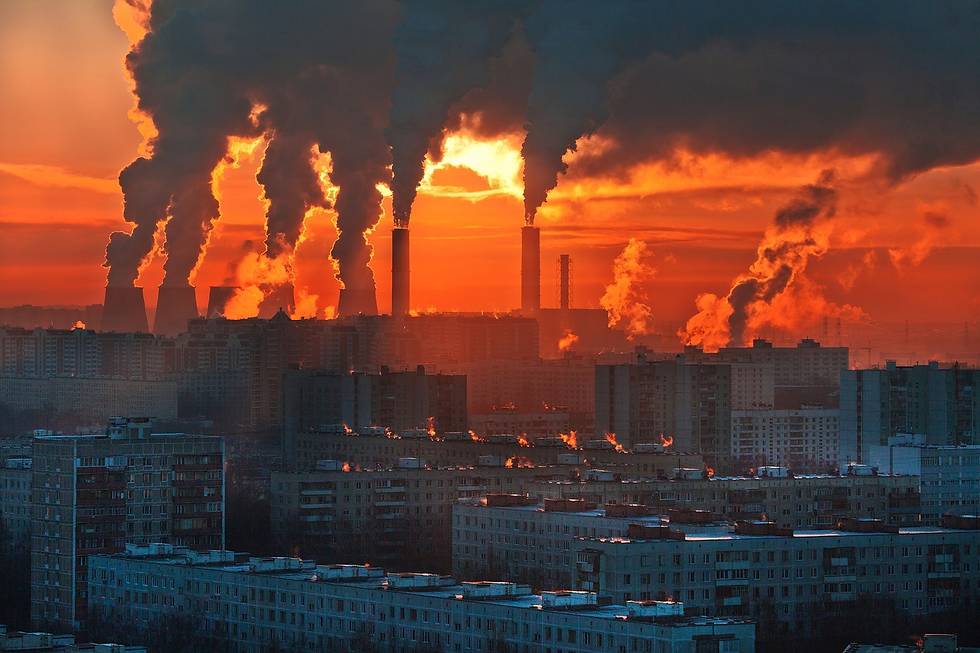The Earth is cleared of people. Monkeypox and killer mosquitoes.
- pnegatina

- Jun 25, 2022
- 2 min read
In a world hyper-attuned to disease after more than two years of a global pandemic, every new outbreak attracts headlines.
The globe is still grappling with COVID-19, but Australians have had to get their heads around the symptoms and risks associated with a number of other new diseases.

The science is clear: human activity has warmed the world by about 1 degree Celsius since pre-industrial times. With that comes more extreme and unexpected weather events.
One big challenge facing the globe is what's known as vector-borne diseases. With malaria, dengue fever and JEV, the vector is the mosquito.
Most people do not experience symptoms, but about 1 per cent have fever and headache — and in rare, severe cases, it can cause serious brain swelling. It's been linked to at least five deaths in Australia.
"Increasing rainfall leading to flooding can create the preconditions for the main vector of Japanese encephalitis," Dr De Barro says.
"And that has two additional components — increased rainfall and water birds, which are intermediary hosts for the virus, and also feral pigs do much better.
The world's foremost climate science body, the Intergovernmental Panel on Climate Change (IPCC), has found that the prevalence of vector-borne diseases is already on the rise and could get worse.
There are other factors at play in the way any illness spreads, such as vaccination, insect control, quarantine and even farming practices, and scientists want to make clear climate change is not the only cause.

Another new virus which has landed in Australia this year is monkeypox, which causes causes flu-like symptoms and a distinctive skin rash after human-to-human contact.
Once again, it's important to note that the outbreak of the virus is not a cause for panic.
And climate change is one factor — the increasing number of outbreaks could partially be the result of declining levels of immunity to poxviruses in the general population.
The virus is what's known as a zoonotic disease, which is caused by germs jumping from animals to humans, then spread person-to-person.
The potential for cross-species transmission is rising as the climate changes and humans move into areas where they interact more with animals that were once geographically isolated, according to the study.

One of the key findings of the April study from Nature was that climate change could easily become a dominant force in cross-species transmission of viruses "which will undoubtedly have a downstream impact on human health and pandemic risk".
In a world that has already passed 1C degrees of global warming, the authors cautioned that much of that cross-species viral sharing may already have happened.
Scientists are working hard to find ways to reduce the risk of health outcomes from environmental change, including the newly created Australian HEAL network, of which Dr Osborne is a member.
"I am encouraged by climate action being taken in many countries. There are policies, regulations and market instruments that are proving effective. If these are scaled up and applied more widely and equitably, they can support deep emissions reductions and stimulate innovation," IPCC chair Hoesung Lee said in April.
Source: www.abc.net.au


















Comments